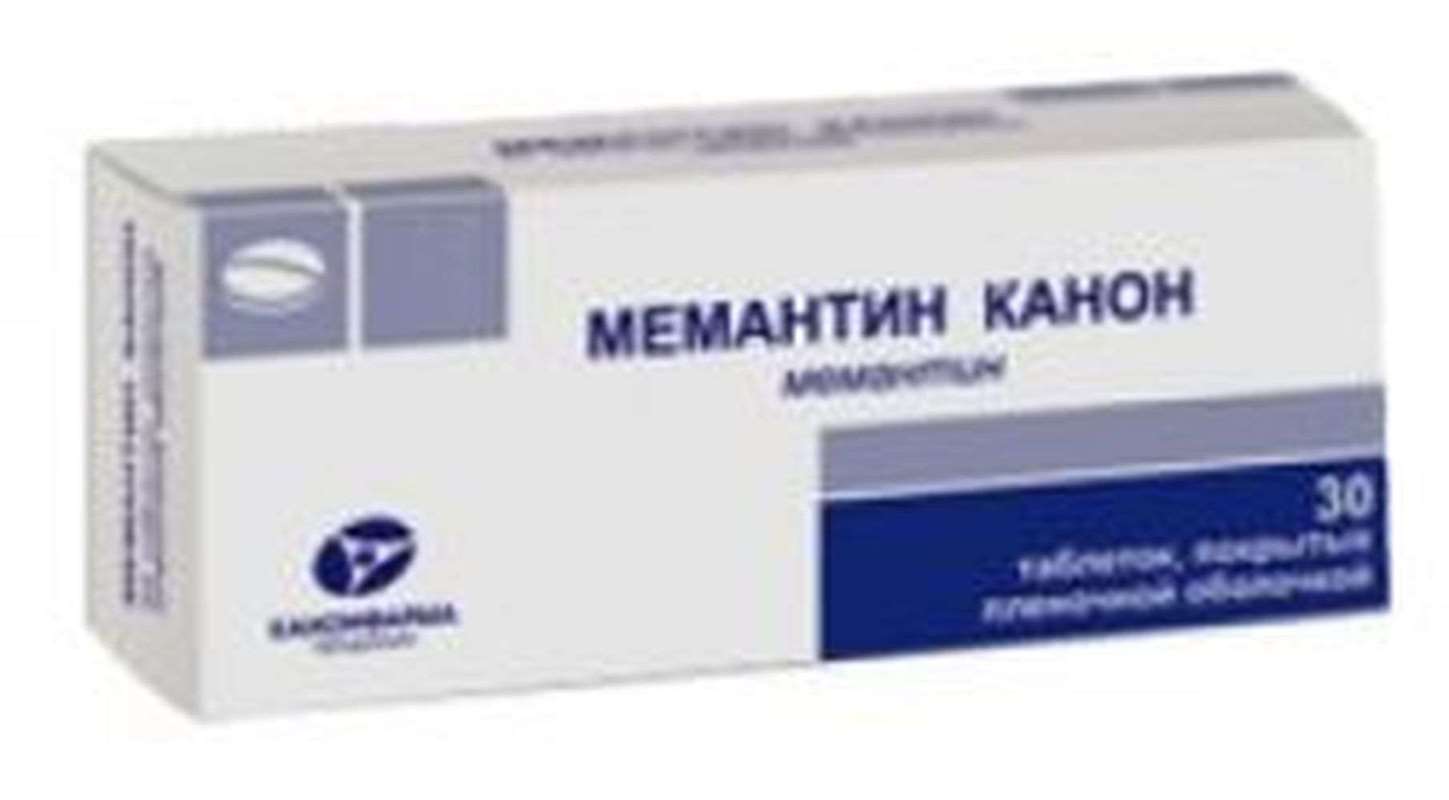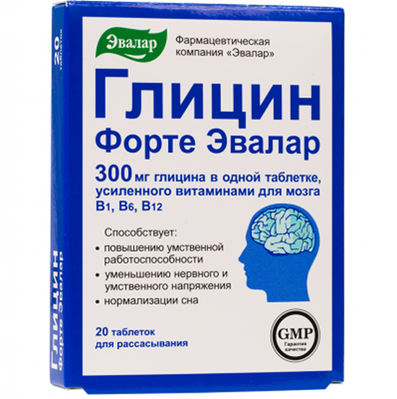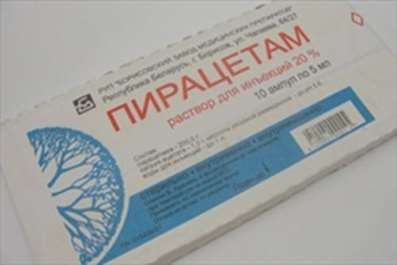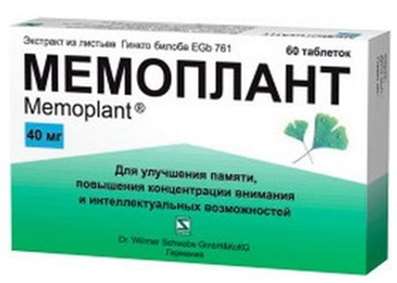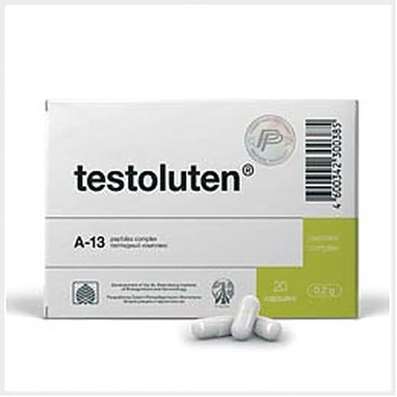Memantine Canon (Memantin, Memantinum) - muscle relaxant central action.
Adamantane derivatives, the chemical structure and pharmacological properties similar to amantadine. Memantine blocks the NMDA glutamate-receptors (including those in the substantia nigra), thereby reducing the excessive stimulating effect on cortical neurons glutamatngh neostratum that develops against the backdrop of insufficient vydeleniyadofamina. At the moment, there is no reliable evidence base showing the drug's ability to slow or prevent the progressive course of the disease of Alzheimer's.
Testimony:
- Dementia Alzheimer's type, vascular dementia, mixed dementia of all severities.
- Reduced memory capacity for concentration and learning ability.
- Cerebral and spinal spastic syndrome, including as a result of traumatic brain injury, multiple sclerosis, stroke.
Interaction:
It enhances the effect of barbiturates, antipsychotics, levodopa, dopamine agonists receptors, anticholinergic agents, amantadine. It may change the effect of dantrolene and baclofen.
Contraindications:
- Severe renal insufficiency;
- Severe hepatic impairment;
- Congenital galactose intolerance;
- Lactase deficiency or malabsorption syndrome glucose / galactose;
- Pregnancy, lactation;
- Children up to age 18 years (effectiveness and safety have been established);
- Hypersensitivity.
To use caution in patients with thyrotoxicosis, epilepsy, myocardial infarction (also in history), heart failure III-IV NYHA functional class, convulsive syndrome in history, while the use of antagonists of the NMDA-receptor (amantadine, ketamine, dextromethorphan ), in the presence of factors that increase urine pH (abrupt change in diet, a generous reception gastric buffers), in severe infections of the urinary tract, uncontrolled hypertension, renal failure, liver failure.
Special instructions:
In patients with Alzheimer's disease at the stage of moderate to severe dementia usually impair the ability to drive vehicles and management of complex mechanisms.
Memantine may cause a change in the reaction rate, so patients receiving treatment on an outpatient basis, you should be particularly careful when driving or operating machinery.
Suggested Use:
Memantine Canon - muscle relaxant central action.
Inside, during a meal, without chewing, drinking plenty of fluids.
Adults with dementia appointed within 1 week of therapy at a dose of 5 mg / day, for 2 nd week - at a dose of 10 mg / day (5 mg 2 times a day). During the 3rd week - 15 mg / day (5 mg and 10 mg per day). The maximum daily dose of 20 mg.
Estimated value of the maintenance dose - 10-20 mg / day. The last dose is recommended to take in the second half of the day
Elderly patients: the results of clinical studies the recommended dose for patients over 65 years old - 20 mg per day.
Children and adolescents less than 18 years the drug is not recommended, due to lack of efficacy and safety data for these categories of patients.
Patients with kidney disease:
With mild renal insufficiency (creatinine clearance 50-80 ml / min) dose adjustment is required.
With moderate renal impairment (creatinine clearance of 30-49 ml / min), the dose should be 10 mg per day. If well tolerated for at least 7 days of treatment, the dose may be increased to 20 mg per day according to a standard treatment regimen.
With severe renal insufficiency (creatinine clearance 5-29 ml / min), the dose should not exceed 10 mg per day.
Patients with liver disease:
With mild hepatic insufficiency (classes A and B according to Child-Pugh) do not require a dose adjustment taking the drug.
With severe hepatic insufficiency: the daily dose should not exceed 10 mg.
Packaging:
- Comes in original packaging. Item is brand new and unopened.
Storage:
- Keep away from direct sunlight.
- Keep locked and away from children.
- Store in dry place at room temperature.
- Do not exceed storage temperature higher than 25 C
Important notice- the outer box design may vary before prior notice!

 Cart
Cart
